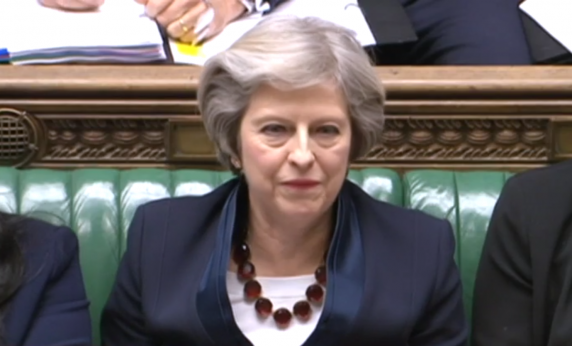Hospital chiefs say sick people, not GPs, to blame for A&E crisis

Greater numbers of sicker patients have been the main cause of A&E winter pressures and not a lack of seven day GP access, as suggested by the prime minister, hospital chiefs have said.
Just 27% of NHS trust finance directors identified a poor GP access as a major factor contributing to patients attending their hospital, with patient complexity and lack of social care being much bigger issues.
This comes after Theresa May told the national media earlier this year that GPs are ’not providing access that patients need’ with patients suffering and swamping A&E as a result.
GP leaders and members of her own party called for the Prime Minister to apologise for the remark, with many writing to their local practices to thank them for their hard work over winter.
The King’s Fund think-tank’s quarterly monitoring report asked CCG and hospital trust finance directors what was having the biggest impact on A&E pressures in their organisation.
Some 80% of respondents mentioned increased numbers of patients with more complex care needs, 70% mentioned delayed transfers of care to the community, and 61% mentioned increasing demand.
It says these figures show a ‘high degree of agreement over the underlying causes of waiting times in A&E and associated winter pressures’.
It continues: ‘Significantly fewer finance directors point to either access to general practice or a shortage of clinical staff in A&E as key factors.’
Other issues identified by the survey include:
- More than 70 per cent of CCGs invested in more primary care and more community services and established new care pathways to try to help manage demand.
- CCG are reporting year-to-date overspends of £437m because of increasingly strict efficiency targets.
- 63%of CCGs are fairly or very pessimistic about reaching financial balance in 2017/18 – a doubling from this time last year.
Richard Murray, director of policy at The King’s Fund, said it was clear that the deterioration in NHS performance would have been far greater if not for extensive planning and ‘heroic efforts’ of NHS staff.
He added: ‘Our survey suggests the key factor behind [A&E pressures] is that already overstretched hospitals are struggling to cope with rising numbers of patients who are difficult to treat, rather than an influx of people who are unable to get appointments with their GP.’
GPC deputy chair Dr Richard Vautrey told Pulse the report supported the BMA’s concens that ‘millions are being wasted on political projects such as extended hours’ to reduce pressure on A&E without proof they’re effective.
He said: ‘The growing number of frail older patients with complex problems are often the key group that are admitted to hospital for specialist care.
‘There is an urgent need to properly invest in social care and GP services to help support these vulnerable patients in the community. This would be far more beneficial than directing scarce NHS resources towards routine weekend appointments that few people really need.’









